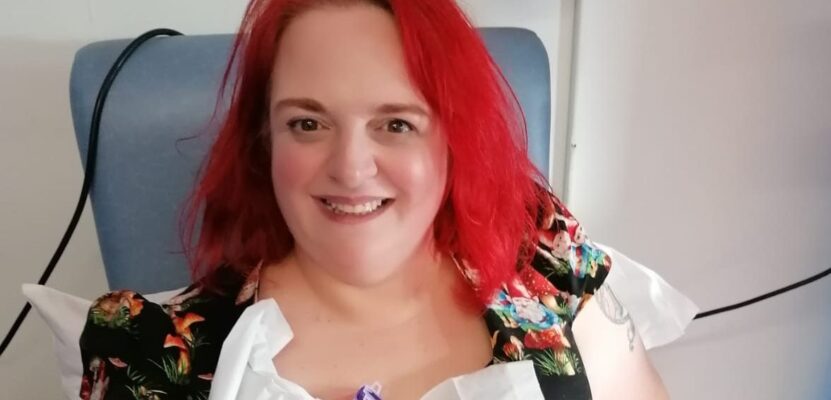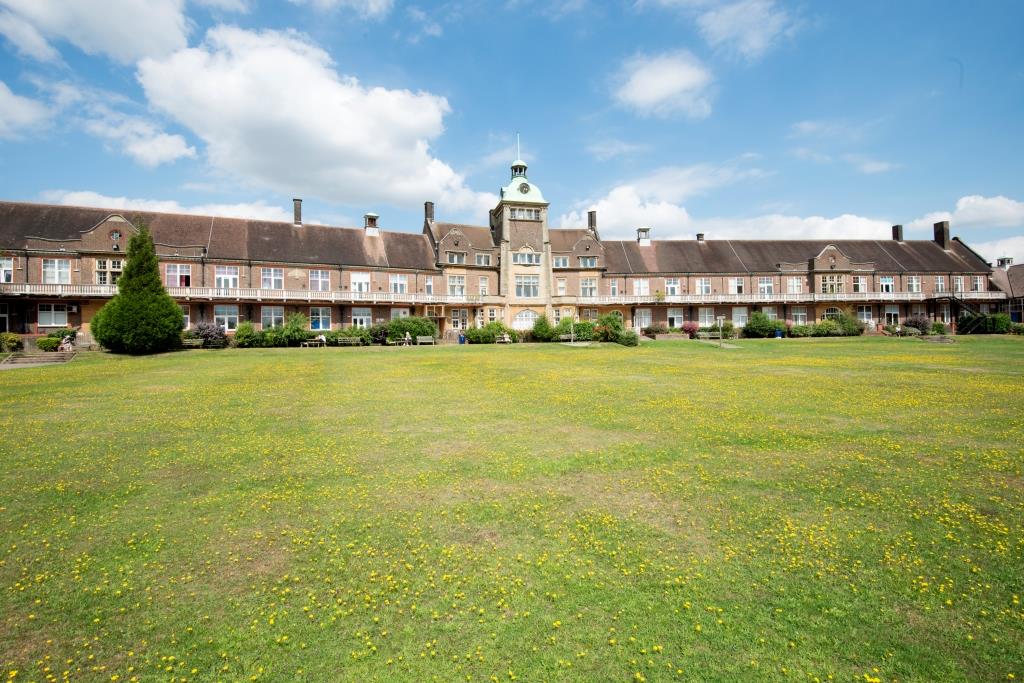
Patients suffering from a rare cancer of the eye can now hope for increased survival rates thanks to a new treatment trialled at the Mount Vernon Cancer Centre in Northwood – part of East and North Hertfordshire NHS Trust.
While it is rare, metastatic uveal melanoma affects hundreds of patients each year in the UK, and the nature of the disease means that treatment is difficult. Once it spreads away from the eye it usually doesn’t respond to the usual cancer treatments of chemotherapy and standard immunotherapy.
A new, ground-breaking immunotherapy treatment – a drug called tebentafusp – activates the immune cells next to the cancer, to fight the disease.
It is the first treatment to be shown to increase survival rates for this type of cancer. It is also the first time this kind of treatment has shown improved survival rates for a solid tumour – indicating that this kind of drug may be effective in treating other types of cancer, too.
Mount Vernon Cancer Centre was one of only 2 hospitals in the country to take part in the trial, which began in 2017 and is ongoing.

And now the study’s findings have been published today, Thursday 23 September, in the prestigious New England Journal of Medicine – one of the most respected medical publications in the world.
Dr Paul Nathan, the consultant medical oncologist at Mount Vernon who led the trial, said:
“A diagnosis of metastatic uveal melanoma can be devastating for a patient. This new treatment is the first to be proven to improve survival from this disease – which is a fantastic breakthrough, and gives some hope to our patients.
“This type of research is crucial, and is a result of years of work in the Trust involving many teams. Clinical research is essential in improving outcomes for all patients with cancer – whether they have common or rare forms of the disease.”
Victoria Jones, a cancer patient from Deal in Kent, took part in the trial, and said:
“It was very worrying when I heard that the cancer was spreading – a real punch in the stomach as I knew that the usual treatment hadn’t been proven to be effective.
“Thanks to this treatment, I can look forward to a future – it means I can hope, and I feel lucky and grateful to have taken part in the trial.”